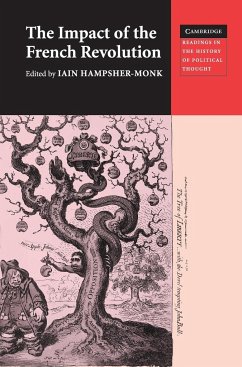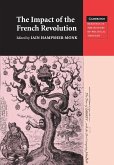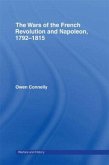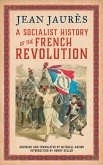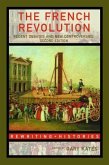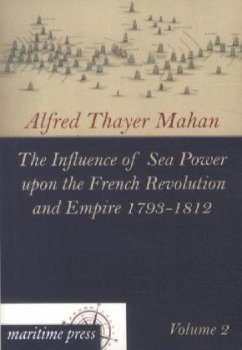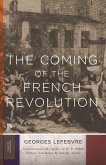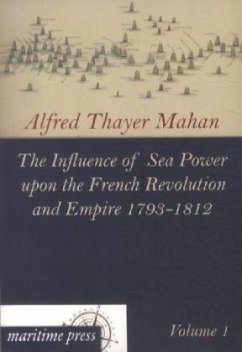The French Revolution embodied, in the eyes of subsequent generations, the emergence of the modern political world. It made possible a new understanding of class politics, secular ideology and revolutionary transformation which inspired, argues Iain Hampsher-Monk, the whole world-wide communist experiment of the twentieth century. In this authoritative anthology of key political texts exploring the impact of this period on the British experience, Hampsher-Monk examines the variety, influence and profundity of major thinkers such as Burke, Wollstonecraft, Paine and Godwin, along with the impact of other less celebrated contemporary writers.
Hinweis: Dieser Artikel kann nur an eine deutsche Lieferadresse ausgeliefert werden.
Hinweis: Dieser Artikel kann nur an eine deutsche Lieferadresse ausgeliefert werden.
'... advanced students and specialists should not ignore it. Hampsher-Monk has managed to place between a single set of covers a book that is at once an excellent introduction to it's subject for an undergraduate target audience, a welcome guide to recent revolutionary scholarship that is full of suggestions for further reading, and a valuable collection of primary texts.' British Journal for the History of Philosophy

